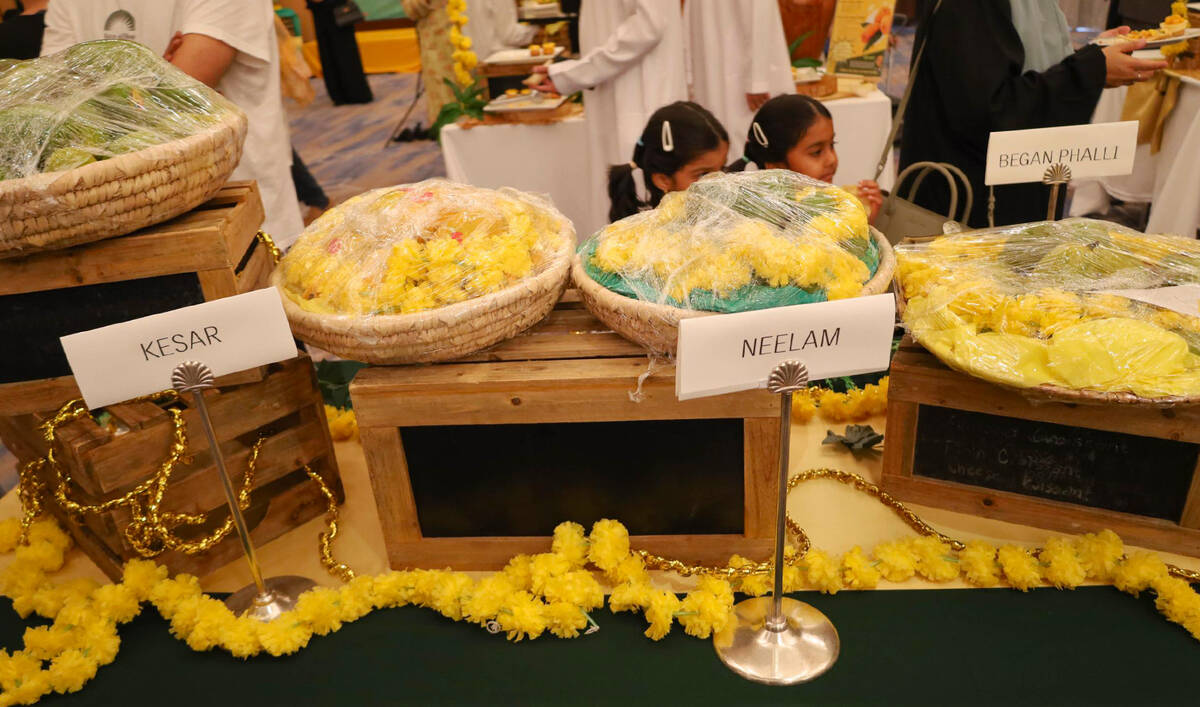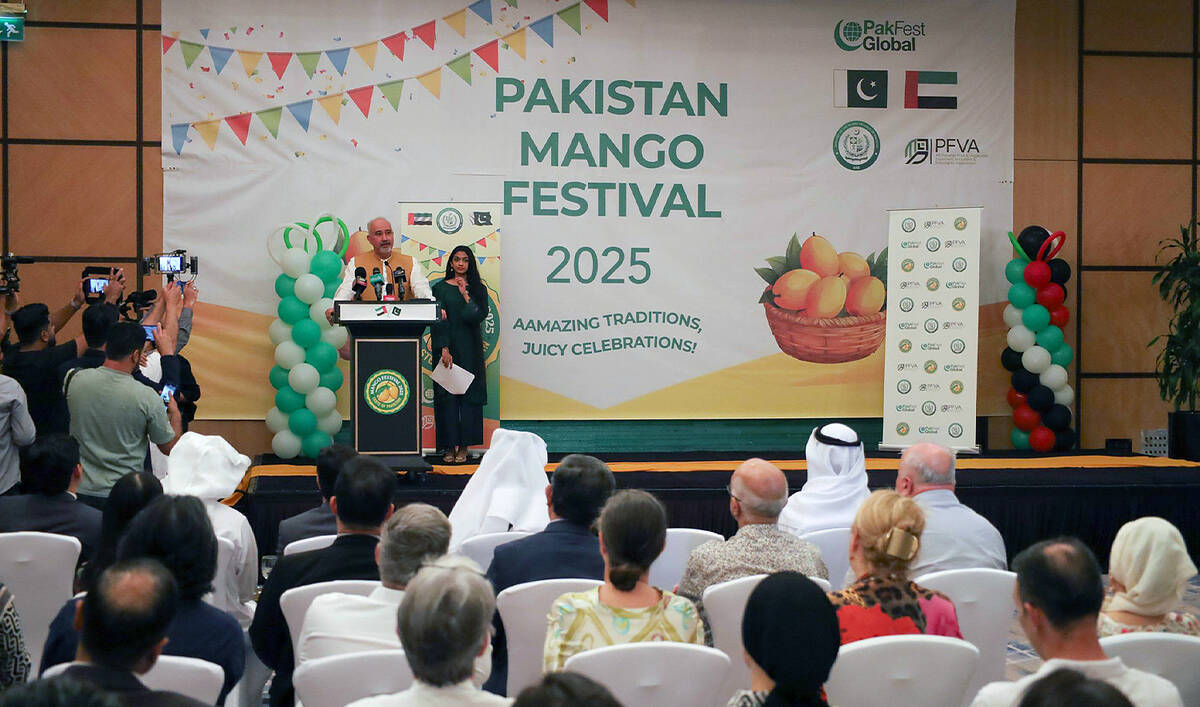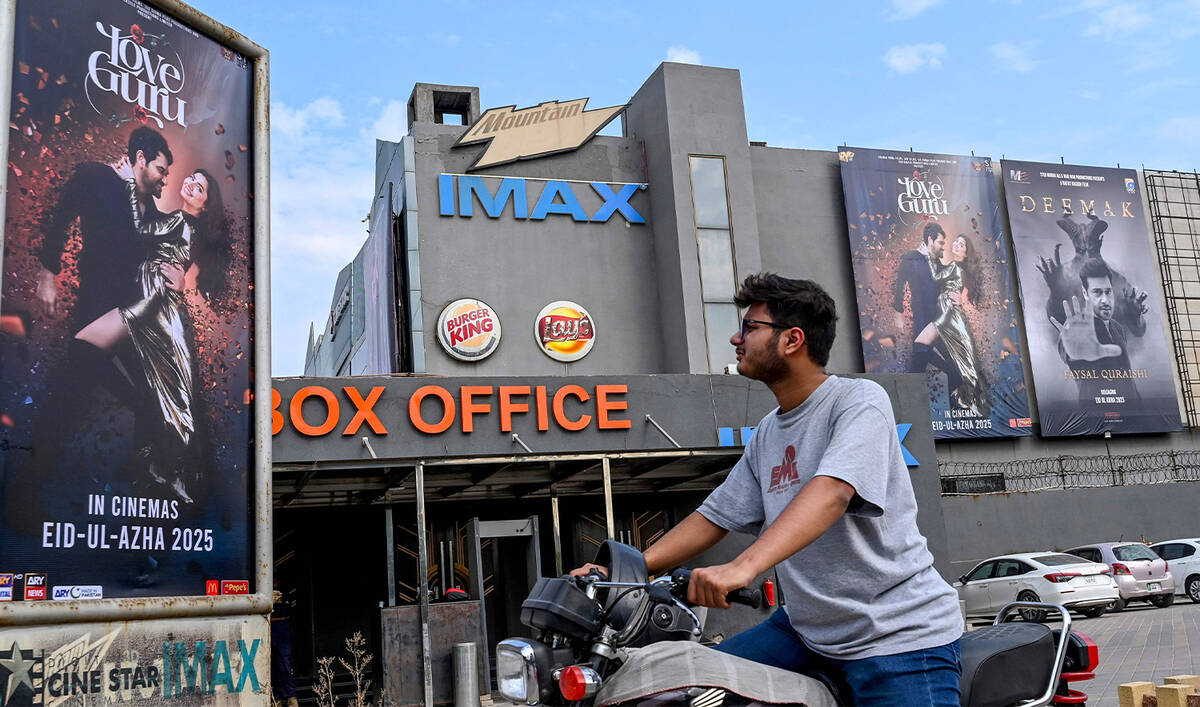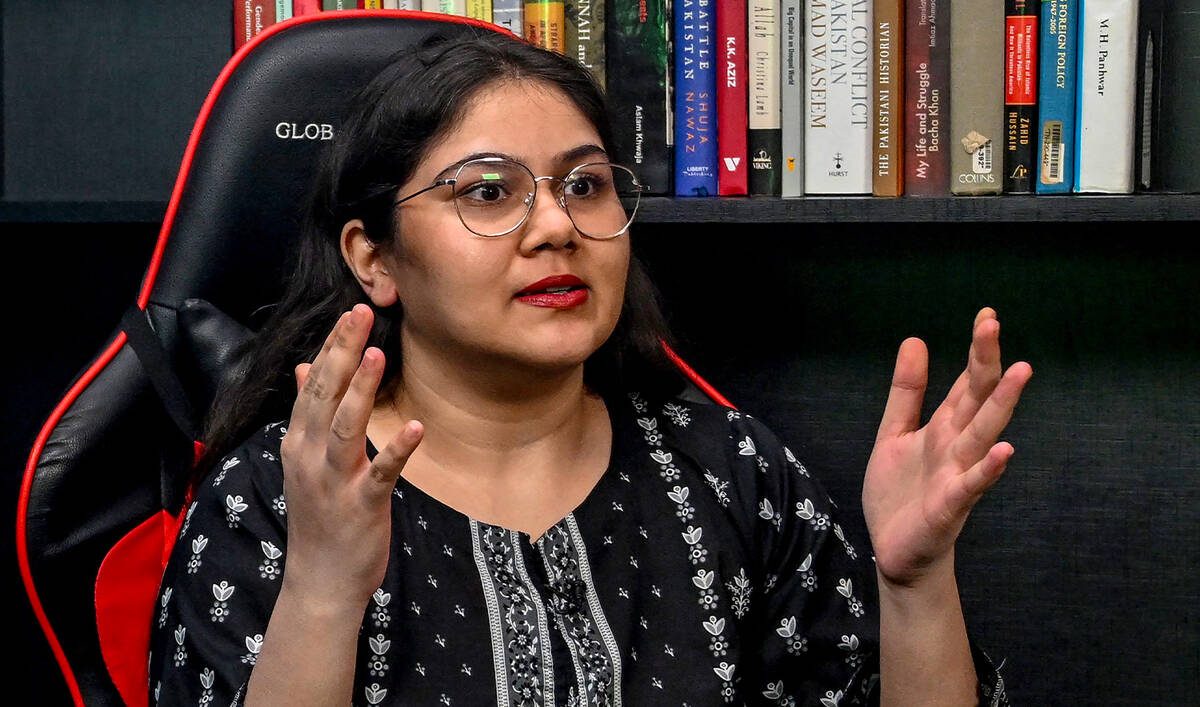ISLAMABAD: Twitter erupted a few weeks ago when the autobiography of Reham Khan, a journalist and the former wife of Pakistan Tehrik-e-Insaf (PTI) Chairman Imran Khan, was allegedly hacked and leaked online. Speculation, rumors and salacious gossip kept tongues wagging, and the media circus that erupted, along with threats of lawsuits, led people to wonder whether the eponymous memoir would ever see the light of day.
On Thursday, July 12, it finally became available legally, on Amazon and in bookshops in London. Its publication came less than two weeks before Pakistan’s general elections, in which Imran Khan is one of the front-runners to be the next prime minister
In the 24 hours that followed, much of the rumored finger-pointing has been confirmed, with the book filled with stories claiming to reveal unsavory sides of the would-be PM.
But aside from all the titillating and exploitative details, there are serious accusations about the political conduct of a man might be Pakistan’s next democratically elected leader, claims that could significantly affect the outcome of the election for both Khan and members of his party.
It's out! Available in paperback in the UK and select territories. Available worldwide in Ebook format at https://t.co/h7hzkZFePdhttps://t.co/h7hzkZFePd
— Reham Khan (@RehamKhan1) July 12, 2018
Reham states that Khan is not one to hold members of his own party accountable for their actions, despite demanding it of members of other parties. Similarly, he is quick to dismiss any allegations of wrongdoing leveled against members of his party, even when the evidence appears clear-cut.
Allegations of corruption haunt the pages. Reham claims that Imran lives off of the goodwill of his wealthy political supporters, who she says even cover the cost of necessities such as his groceries.
There is a particularly detailed story about how Khan let Reham know that to complete renovations on his Bani Gala home when she moved in after their marriage, they had access to timber that had been seized due to illegal activity by the “timber mafia.” She claims that this revelation shocked her.
She also alleges that the Pakhtunkhwa Energy Development Organization was part of a money-laundering scheme, among other things.
Though Imran Khan has not responded to the book’s many claims as yet, the number of allegations have raised eyebrows given that Khan’s political platform for years has rested on calls for justice reforms that would hold the powerful in Pakistani politics accountable and, first and foremost, make it easier to combat corruption.
The book might yet prove to be damaging to Khan’s political aspirations — but with so many salacious, R-rated claims scattered among the allegations about his hypocrisy regarding corruption, the titillation provided by the former might overshadow the political concerns about the latter.
























